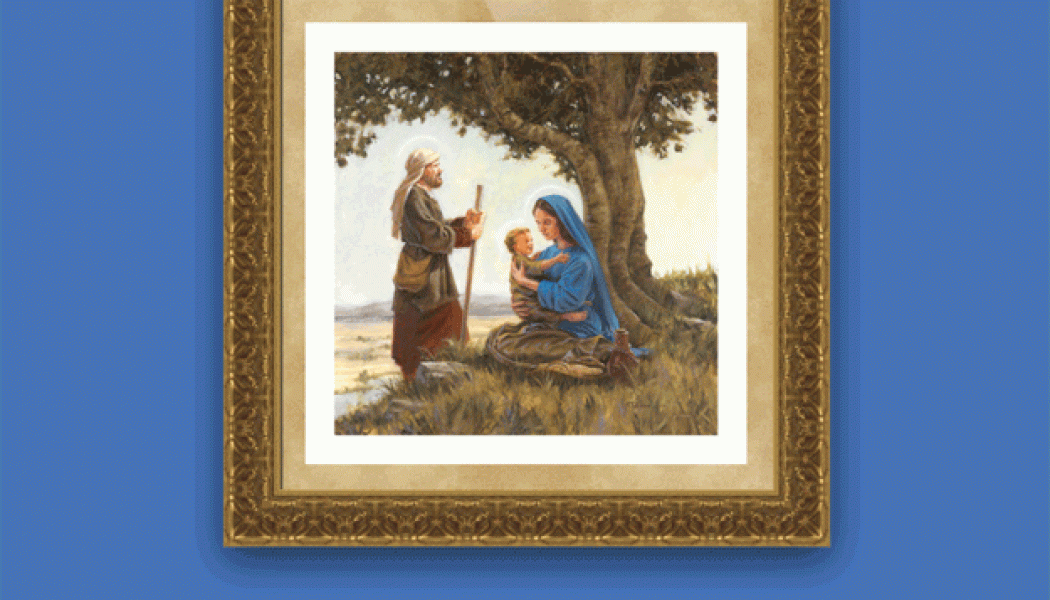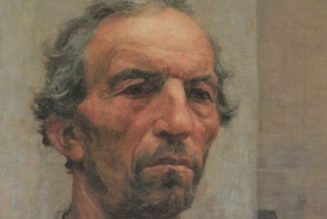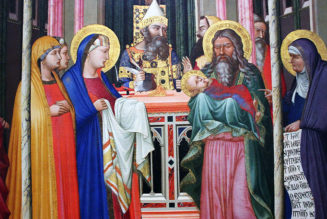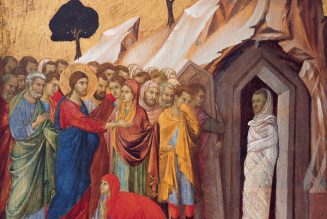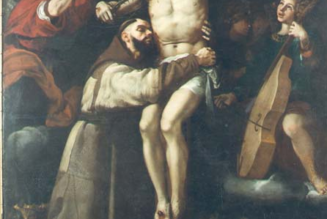By Phil Lawler ( bio – articles – email ) | Mar 30, 2021
The Easter Triduum approaches, promising us the most beautiful and solemn ceremonies in the Catholic liturgical tradition. But this year—like last year—for most Catholics that promise will be unfulfilled.
Unless you are one of the fortunate few, you will not hear a performance of Allegri’s haunting Miserere this week. The congregation at your parish will not be invited to join in singing the Stabat Mater on Good Friday, or the traditional joyous hymns on Easter Sunday. There will probably be no procession, no kissing of the crucifix, no kindling of the fire outside the door of the church at the Easter vigil. With “social distancing” rules in place and many Catholics still afraid to come, the church will not be packed for the Vigil, as it always was in the past. On Easter Sunday your fellow parishioners may be smiling, but you won’t see those smiles behind their masks. Everything about the liturgy will be toned down—again, as it was last year.
If you are an adult, raised in the Catholic Church, you can remember the splendor of the liturgical traditions. But a young child cannot; those precious memories have not been formed, thanks to the Covid lockdown. The child has been taught to be docile, to be withdrawn, to avoid strangers (and even friends), perhaps even to stay away. Isn’t that roughly the opposite of the message we want to convey to our children during the Easter season?
Of course not! The message of Easter is one of unbounded joy, of unshakable confidence in the power of our Resurrected Lord. The words of the 19th-century Baptist hymn come to mind:
What tho’ my joys and comforts die?
The Lord my Saviour liveth;
What tho’ the darkness gather round?
Songs in the night he giveth.
No storm can shake my inmost calm
While to that refuge clinging;
Since Christ is Lord of heaven and earth,
How can I keep from singing?
How can I keep from singing? Well, my bishop says singing in church is taboo.
And yet I count myself among the fortunate, because in Ireland the public celebration of Mass is now a criminal offense. Not long ago Ireland was counted as arguably the world’s most thoroughly Catholic country. Now the Penal Laws are back. Worse, this outrageous ban has apparently been accepted, with only token murmurs of protest, by the Catholics of Ireland and by their bishops.
In our own country the Mass is not banned, thank God. But in many states there are still tight restrictions on the Eucharistic celebration, and again, few bishops have fought against the imposition of secular law on divine worship. On the contrary, in many places our pastors have outdone the local civic officials in placing constraints on the faithful. So for instance:
• In one New Jersey parish, the pastor decreed that only those who had received a Covid vaccination could come to the Sacrament of Penance. Thus he made a sacrament of the Church contingent on a controversial medical procedure. Eventually he rescinded that policy, substituting a requirement that those who were not vaccinated must make their confessions face-to-face. (The medical argument for this odd policy completely eludes me.) Thus he denied penitents their canonical right to an anonymous confession.
• In another parish, those who were vaccinated were instructed to sit on one side of the church, those who were unvaccinated on the other. The separation of the sheep from the goats, I suppose.
• In Dallas, a pastor called police and had them hustle a young mother out of church during Mass, with her baby in her arms. Her offense? She was not wearing a mask. Neither civil nor diocesan guidelines in Dallas require masks. But the pastor does, and he brooks no opposition. The Dallas diocese, in a remarkably unapologetic public comment on the controversial incident, said that the pastor made his rule “out of concern for the health and welfare of his entire congregation.” I wonder: would he have demanded the immediate forcible removal of a young woman who came to Mass wearing immodest clothing, and thereby endangering the spiritual welfare of members of his congregation? Or is only their physical welfare important to this pastor of souls?
“The Diocese is looking into the details regarding this incident,” the formal statement from the chancery ran, “and, recognizing that this pandemic has been stressful for everyone, an increase of patience and charity is necessary during these days.” Yes, the young woman in question might have appreciated “an increase of patience and charity” on the part of that trigger-happy pastor. But let’s be clear on something: It is not just the pandemic that has caused so much stress to parishioners, so much pain to faithful Catholics. It is the hysterical response to the Covid threat that has wounded our Church.
In the Diocese of Grand Rapids, Michigan, a group of concerned Catholics wrote to Bishop David Walkowiak earlier this month, expressing “their concern regarding the rights of the faithful to the sacramental treasury of the church (canon #843) free from coercion and pressure to comply with novel liturgical mandates of dubious medical usefulness, and even more dubious canon law jurisdiction, such as social-distancing mandates, mask-mandates, (forthcoming vaccine-mandates?), and blanket cancellations of normal church activities.” Their letter has now drawn nearly 900 signatures. Have you heard of similar initiatives in other dioceses or parishes? I would be happy to hear details.
“Now is the time for the Church to turn, to recover, to become again the place of refuge, healing, freedom, true hope, and true peace,” write the concerned Catholics of Grand Rapids. Amen to that. And let this Easter be a time when, inspired by the glory of the Resurrection, we ask ourselves: How can we keep from singing?
Sound Off! CatholicCulture.org supporters weigh in.
All comments are moderated. To lighten our editing burden, only current donors are allowed to Sound Off. If you are a current donor, log in to see the comment form; otherwise please support our work, and Sound Off!

Join Our Telegram Group : Salvation & Prosperity
